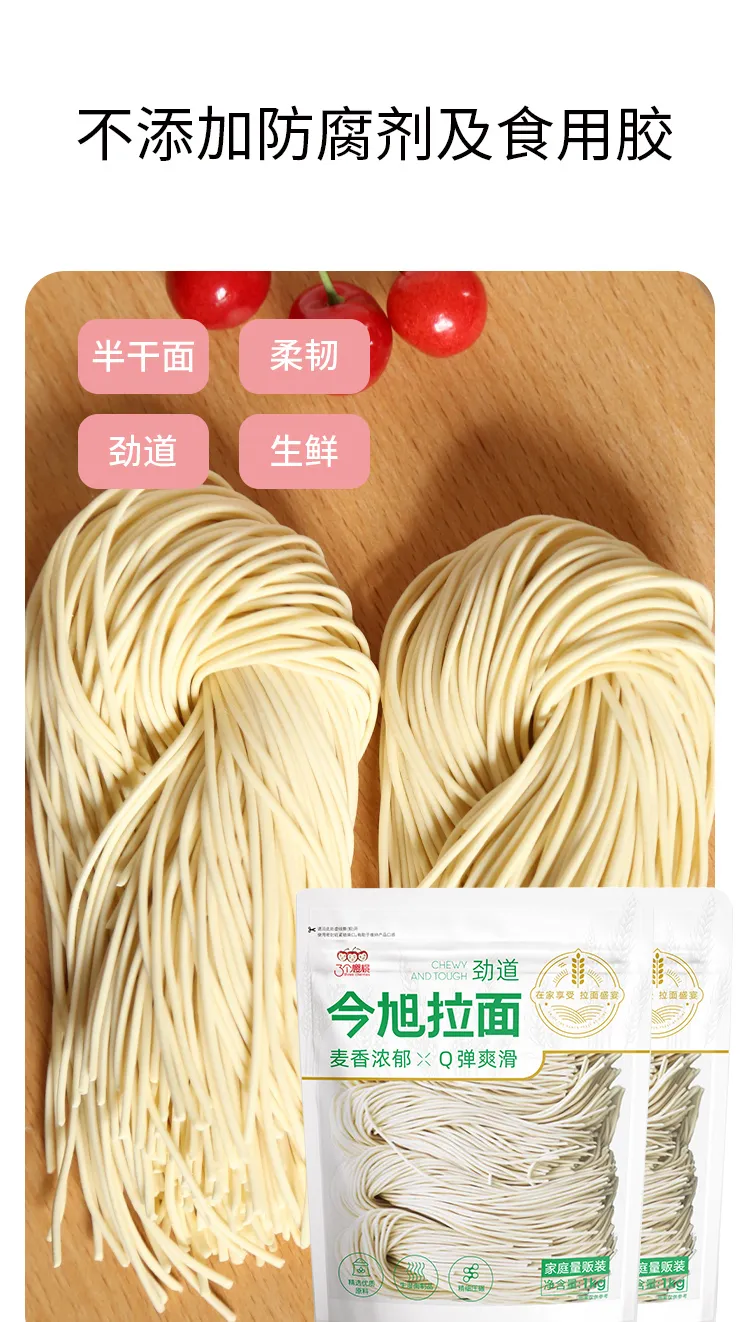instant noodles and diabetes
Instant Noodles and Diabetes A Closer Look
Instant noodles have become a pantry staple around the world due to their convenience, affordability, and ease of preparation. However, their nutritional value and long-term health effects are often called into question, particularly concerning chronic conditions like diabetes. In this article, we will explore the relationship between instant noodles and diabetes, examining their ingredients, nutritional profile, and the potential impacts on blood sugar levels.
The Ingredients of Instant Noodles
Instant noodles are typically made from refined wheat flour, water, and salt, with a variety of seasonings and additives. These noodles undergo a process of steaming and frying, which contributes to their unique texture and extended shelf life. However, this processing can strip away essential nutrients, leaving the final product low in fiber, vitamins, and minerals.
One of the most significant concerns regarding instant noodles is their high content of refined carbohydrates. When consumed, refined carbs can cause a rapid spike in blood sugar levels due to their quick digestion and absorption. For individuals with diabetes, maintaining stable blood sugar levels is crucial. Consuming foods that rapidly increase blood glucose can lead to complications, including fatigue, increased thirst, and long-term health issues like heart disease and nerve damage.
Nutritional Profile
A standard serving of instant noodles can contain a considerable amount of sodium, often exceeding the recommended daily intake. High sodium levels can lead to hypertension, a major risk factor for cardiovascular disease, which is already elevated in individuals with diabetes. Moreover, instant noodles generally lack sufficient protein and healthy fats, which are essential for balanced meals and can help maintain steady energy levels.
Additionally, many instant noodle varieties come with flavor packets that contain preservatives, artificial flavorings, and monosodium glutamate (MSG). While these additives enhance taste, their long-term health effects are still being studied. Some research suggests that MSG consumption may be linked to metabolic disorders, which further complicates the relationship between instant noodles and diabetes.
The Glycemic Index
instant noodles and diabetes

The Glycemic Index (GI) is a measure that ranks foods based on how quickly they raise blood sugar levels. Foods with a high GI are rapidly digested, leading to quick surges in glucose levels. Instant noodles generally fall into the high GI category, which means their consumption can contribute to blood sugar spikes. For individuals with diabetes, incorporating lower GI foods, such as whole grains, legumes, and vegetables, is often recommended to mitigate blood sugar fluctuations.
Balancing Instant Noodles in Your Diet
While the occasional consumption of instant noodles may not pose a significant risk for healthy individuals, those with diabetes should approach them with caution. If you enjoy instant noodles, it may be beneficial to modify your preparation methods. Here are some suggestions
1. Add Protein Incorporate lean proteins, such as chicken, tofu, or eggs, to the noodles. This can help lower the overall GI of the meal and provide essential nutrients.
2. Include Vegetables Boost the nutritional content by adding non-starchy vegetables like spinach, bell peppers, or broccoli. This can increase fiber intake, which helps regulate blood sugar levels.
3. Choose Whole Grain Options If available, opt for whole grain or brown rice noodles, which generally have a lower GI compared to traditional instant noodles.
4. Monitor Portion Sizes Be mindful of portion sizes to prevent overeating and excessive carbohydrate intake.
Conclusion
Instant noodles can be a quick and convenient meal option, but their impact on blood sugar levels, particularly for individuals with diabetes, cannot be overlooked. With their high refined carbohydrate content and low nutritional value, instant noodles should be consumed sparingly and strategically within a balanced diet. By making mindful choices and incorporating nutritious ingredients, individuals can enjoy instant noodles while minimizing their health risks. Ultimately, it is essential to prioritize whole, nutrient-dense foods to support overall well-being and effectively manage diabetes.
-
Unleash Your Inner Chef with Delectable Italian Pasta CreationsNewsAug.01,2025
-
Savor Health and Flavor: Irresistible Soba Noodles for Sale Await!NewsAug.01,2025
-
Nourish Your Body with Premium Organic Ramen - A Culinary Delight AwaitsNewsAug.01,2025
-
Elevate Your Dishes with Our Exquisite Kinds of Egg NoodlesNewsAug.01,2025
-
Dive into Flavorful Convenience with Our Ramen OfferingsNewsAug.01,2025
-
Discover Exquisite Types of Naengmyeon and Chilled Soba NoodlesNewsAug.01,2025
-
Is Whole Wheat Pasta Healthy?NewsMay.30,2025
Browse qua the following product new the we

















































































































